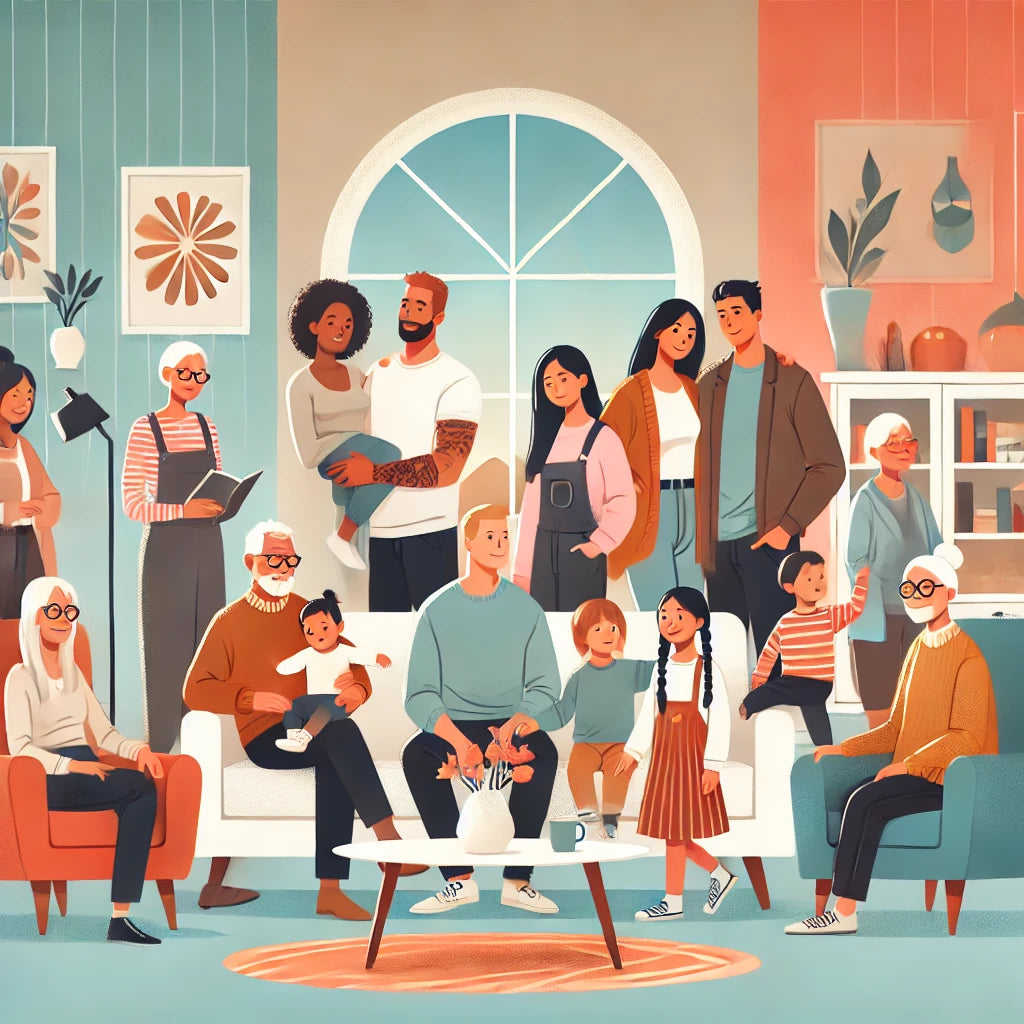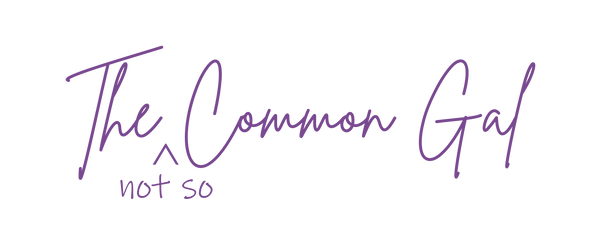
The Modern Family: Evolving Definitions and Traditional Roots
In today’s rapidly changing world, the concept of family has undergone significant transformations. While traditional definitions of family were once the norm, modern interpretations reflect the diverse and dynamic nature of our society. This evolution raises important questions about what family means and how these changes impact our lives. Let’s explore the differences between the modern and traditional definitions of family and what these shifts signify for our collective future.
Traditional Definition of Family
For much of history, the traditional family has been defined as a nuclear unit consisting of two parents (a mother and a father) and their biological children. This model has been idealized in many cultures and societies for several reasons:
-
Structure and Roles: The traditional family structure typically included clear roles and responsibilities. The father was often seen as the breadwinner, while the mother was the caretaker and homemaker. This division of labor was believed to provide stability and support.
-
Cultural and Religious Norms: Many cultures and religions have promoted the traditional family model as the ideal. Religious texts and cultural traditions have reinforced the importance of a two-parent, heterosexual household.
-
Social Expectations: Society at large has long upheld the traditional family as a standard. Social norms and expectations often pressured individuals to conform to this model, with deviations seen as unconventional or even problematic.
Modern Definition of Family
In contrast, the modern definition of family is far more inclusive and diverse. This shift reflects changes in societal values, legal frameworks, and individual choices. Here are some key aspects of the modern family:
-
Diverse Structures: Modern families come in many forms, including single-parent families, blended families (with stepparents and stepsiblings), same-sex parent families, and child-free couples. This diversity acknowledges that family can be defined by love and support rather than strict roles or biological connections.
-
Changing Roles: Gender roles within families have become more fluid. Many families now share responsibilities more equally, with both parents often working and contributing to childcare and household tasks. This shift promotes gender equality and allows for greater flexibility in family dynamics.
-
Legal and Social Recognition: Legal frameworks have evolved to recognize and support various family structures. Same-sex marriage, adoption rights for LGBTQ+ individuals, and protections for single parents are just a few examples of how laws have adapted to reflect modern family realities.
-
Emphasis on Emotional Bonds: Modern definitions of family prioritize emotional connections and support systems over traditional structures. Families of choice, where individuals form close, familial bonds with non-biological relatives, are increasingly recognized as valid and important.
Comparing the Two Definitions
Similarities
Despite their differences, both traditional and modern definitions of family share some commonalities:
-
Support and Care: Both models emphasize the importance of support, care, and nurturing within the family unit.
-
Commitment: Commitment to one another’s well-being is a cornerstone of both traditional and modern families.
-
Identity and Belonging: Families, regardless of their structure, provide a sense of identity and belonging.
Differences
-
Flexibility vs. Rigidity: Traditional families often adhered to rigid roles and structures, while modern families are characterized by flexibility and adaptability.
-
Inclusivity: Modern definitions are more inclusive, recognizing a broader range of family structures and relationships.
-
Social Perception: Traditional families were once seen as the societal norm, while modern families challenge these norms, promoting acceptance and understanding of diverse family dynamics.
The evolving definition of family has profound implications for society:
-
Legal and Policy Changes: Legal systems and policies need to adapt to support diverse family structures, ensuring equal rights and protections for all families.
-
Cultural Shifts: As society becomes more accepting of diverse family models, cultural norms and values evolve, promoting inclusivity and equality.
-
Personal Fulfillment: Individuals have greater freedom to define their own families, leading to increased personal fulfillment and happiness.
The concept of family is no longer confined to a single definition. The modern family encompasses a wide range of structures, roles, and relationships, reflecting the complexity and diversity of our lives. By embracing these changes, we can foster a more inclusive and supportive society where all families, regardless of their form, are valued and respected. As we navigate this evolving landscape, it’s essential to recognize that the core of any family remains the same: love, support, and commitment.
xoxoxo-The Not So Common Gal
